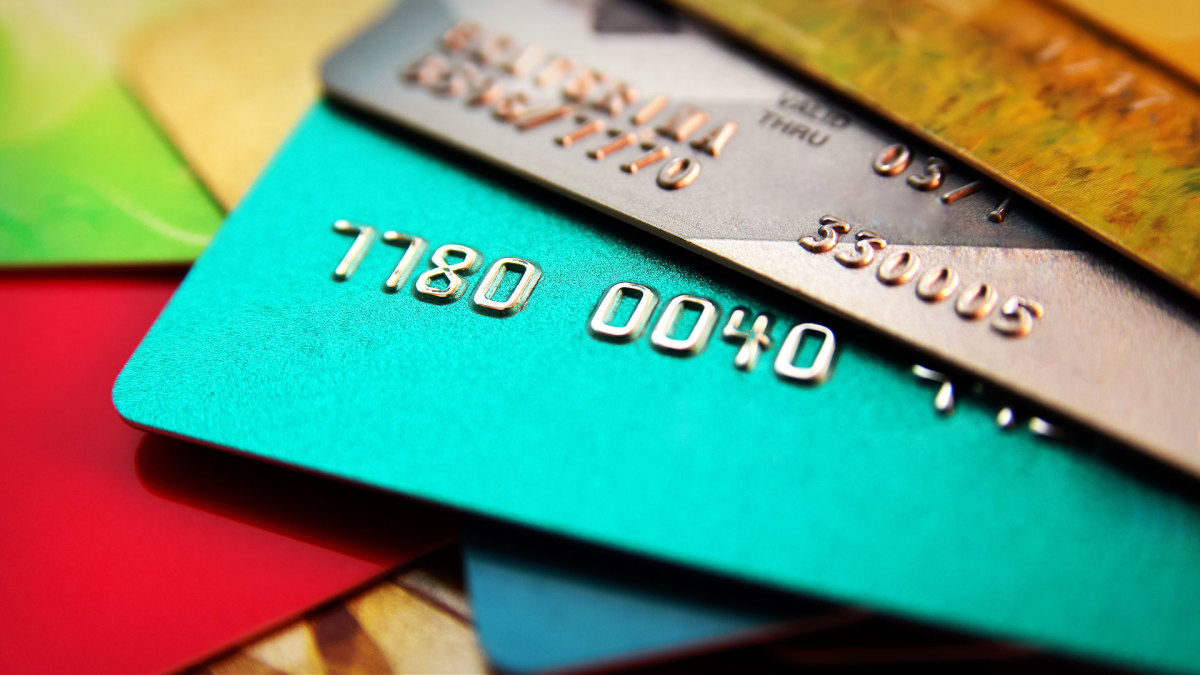
As the cost of living increases, many consumers are finding that their paychecks don’t stretch as far as they once did. To help keep them afloat, many are turning to credit cards to cover living expenses.
However, reliance on credit card usage doesn’t come without consequences: The Federal Reserve Bank of New York recently released a study that shows credit card debt has ballooned to $1.14 trillion in the U.S.
Related: Dave Ramsey has a warning for people looking to buy a home now
TheStreet's Conway Gittens met with Ted Rossman, senior industry analyst at Bankrate, to discuss what rising credit card debt means for Americans. While it may not be as alarming as it sounds, Rossman notes a difference between those who pay off their balances every month and those who carry interest-earning debt month to month.
Paying off high-interest credit card debt should be the number one priority
Rossman makes a point to highlight the fact that 50% of those with credit card debt pay off their balances each month. These balances are included in the over $1 trillion in household credit card debt, so the total balance may not be as dire as it initially appears.
"Half of cardholders pay their bills in full every month," he explained. "So, while they're counted among these balances, they don't really have debt. Not in the sense of paying interest every month.”
More on personal finance:
- How your mortgage is key to early retirement
- Social Security benefits report confirms major changes are coming
- The average American faces one major 401(k) retirement dilemma
However, the situation warrants more attention for the other half of Americans carrying high-interest debt.
“The average credit card, by the way, charges about 21%. So if you're in the half that is paying interest, that's a huge deal for you,” Rossman said.
“These credit card balance numbers also indicate an expanding economy — more credit card usage, less cash," he added. "It's not all bad. What is bad is lugging around $6,000 in credit card debt — the average stat— at 21% interest for years. Minimum payments in that average scenario keep you in debt for 18 years and cost you about $9,500 in interest.”
He recommends that those in a financial bind get ahead of snowballing debt and create a restructured payment plan.
“So if you're among those with credit card debt, you've got to prioritize, pay off, get a 0% balance transfer card, or work with a reputable nonprofit credit counselor,” Rossman advised.

Shutterstock
There may not be a debt crisis, but consumers should monitor their finances closely
When asked whether consumers should be concerned about national credit card debt surpassing $1 trillion, Rossman offers some reassurance.
“It's not a reason to be concerned,” he said. “I know it sounds like a big number, and it is. Remember, though — it reflects balances. So half of those are paid off every month in full, and in many respects, we would expect credit card balances to grow over time.”
“It usually takes something exceptional for them to fall, like the COVID pandemic or the Great Recession. Otherwise, credit card balances tend to steadily rise over time.”
Related: How average Americans can better plan for 401(k), retirement income
Nearly half (47%) of all consumers agree that their finances have negatively impacted their mental health, with many consumers noting the rise in consumer goods prices contributing to their debt. Rossman agrees that while the macro credit landscape is in good shape, individuals are feeling considerable financial stress.
“In the big picture, the credit card market is in good shape,” he said. “Delinquencies and overall debt have gone up, but lenders feel pretty good, and credit is still flowing freely. The trouble is on the margins, especially for people with lower incomes and credit scores. But the macro view is more positive.”
Rossman advises credit cardholders to find a way to pay down their credit card debt balance month to month.
“We don't want to minimize that pain at the individual level — it is significant for consumers," he explained. "You want to be one of the transactors. You want to be somebody using a card for rewards and convenience but paying it off at the end of the month.”
Related: Veteran fund manager picks favorite stocks for 2024







